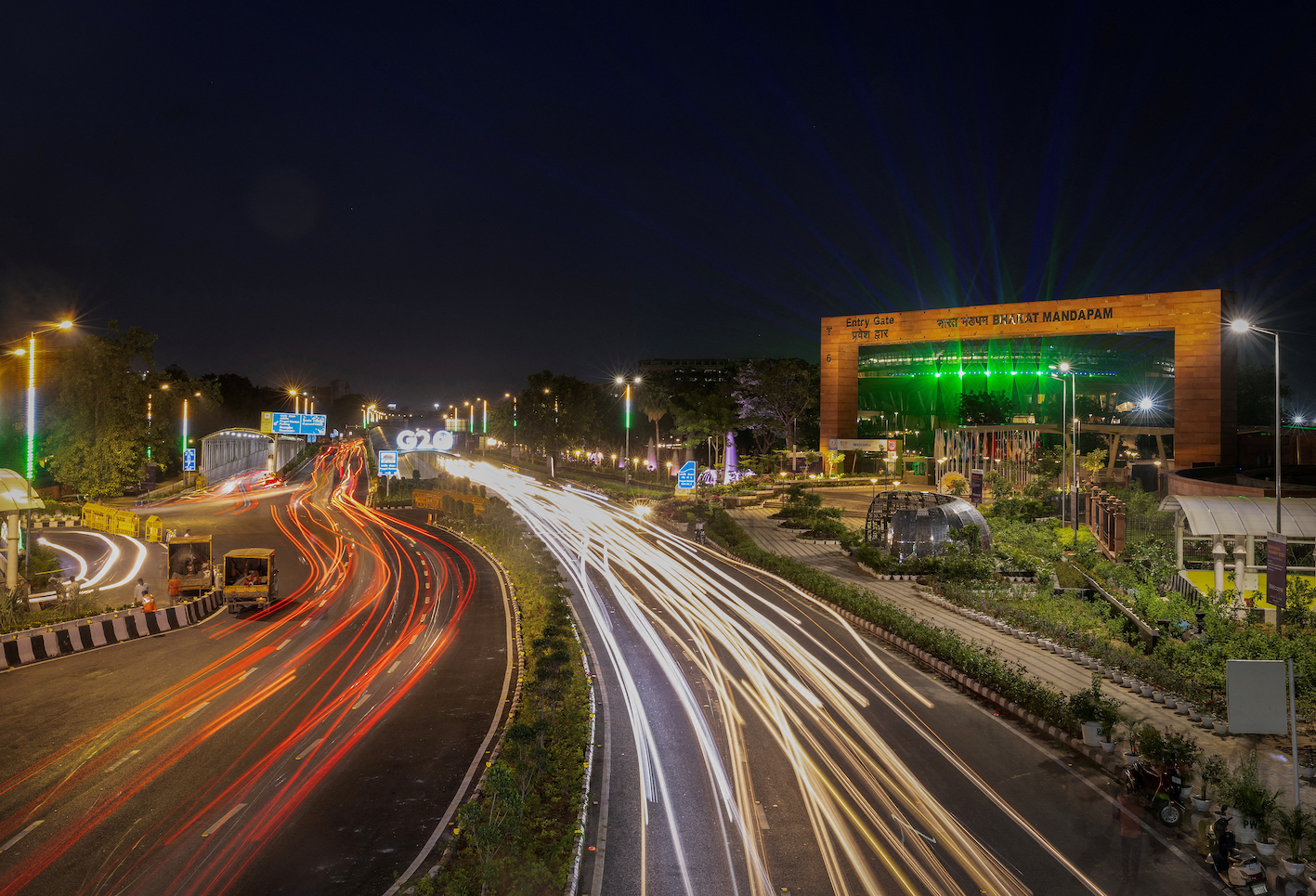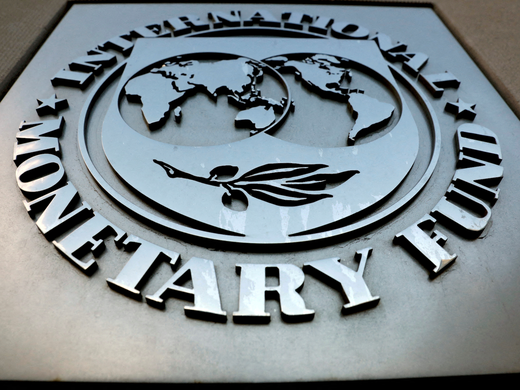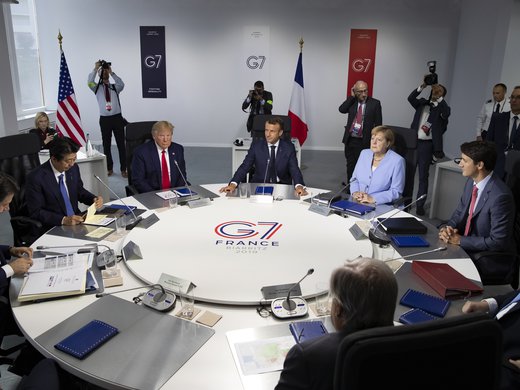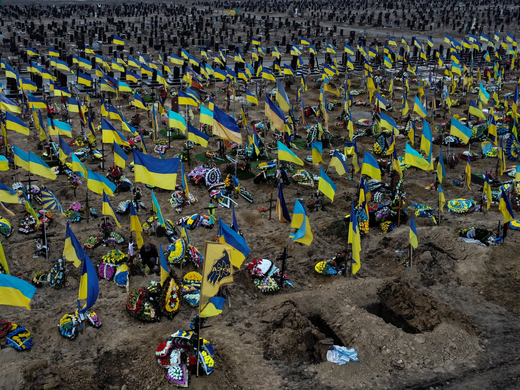On September 9 and 10, 2023, leaders of the world’s 20 largest economies will gather in New Delhi for the eighteenth meeting of the Group of Twenty (G20) Heads of State and Government Summit, under the Indian presidency.
We asked four CIGI experts, “What are the key challenges and opportunities for leaders attending the G20 New Delhi Summit?” Here are their responses.
Thomas A. Bernes, Distinguished Fellow
The world is facing grave economic and geopolitical turmoil; there is no playbook that can provide guidance on a path forward.
Success of the New Delhi G20 Summit will depend on the willingness of leaders to compromise and cooperate. However, hopes for the G20 as the self-declared forum for economic cooperation among its members have broken down. Instead, we are witnessing the fracturing of the global economic and trading system.
Success of the New Delhi G20 Summit will depend on the willingness of leaders to compromise and cooperate.
US economic policy measures (setting aside their merits) have caused other countries to seek means to strengthen their leverage. The BRICS group has expanded its membership. India has declared interest in expanding the G20 to include the African Union, an invitation that, whatever its merits, further diminishes the capacity of the G20, which takes decisions and acts — in the absence of reform — on the basis of consensus.
The world faces critical issues the G20 should tackle — climate change and the need for a green transition; mitigating the impact of the war in Ukraine on the global economy; ensuring food and energy supplies are available to all; and strengthening global governance to address the rise of populism and decline in trust of institutions. Concrete results on these issues will determine the success of this Summit.
Rohinton P. Medhora, Distinguished Fellow
“Vasudhaiva Kutumbakam” or “One Earth, One Family, One Future,” is the theme of the 2023 G20 summit, while official documentation also states “everything will remain closed in Delhi during G20.”
This juxtaposition captures where the G20 finds itself today — the (self-appointed) steward of globalization facing mundane but complex reality.
The G20’s attempt to balance inclusion in membership with efficiency in decision making has frayed. In the name of inclusion, 23 guest countries and international organizations have been invited to attend. As for efficiency, after a promising start addressing the financial crisis in 2008, the group has lost momentum although there is no lack of crises and global public bads that need addressing.
The world is better off with the G20, but it is unreasonable to expect it to be the silver bullet for everything.
G20 Working Groups that operate below the radar have not made breakthroughs (or, more accurately, have not been allowed by their leaders to make breakthroughs) on the key issues of our time — climate finance, digital governance, and the range of health and debt issues raised by the COVID-19 pandemic, with the debt exacerbated by the Ukraine conflict.
The world is better off with the G20, but it is unreasonable to expect it to be the silver bullet for everything. India still has a chance to live up to its ambition of being a singularly capable rising power that understands the true meaning of “One Earth, One Family, One Future,” the timeless phrase from the Maha Upanishad aptly prescribed for its presidency year.
Paul Samson, President
G20 leaders inaugurated their annual summit during the global financial crisis in 2008, and by 2010 had declared themselves to be the premier forum for international economic cooperation. Results from G20 actions over the ensuing decade were modest, but collective spirit was present. In 2023, far less positive intent remains, and there are questions about the future of the G20.
Current geopolitics create headwinds for India’s Summit, including trade restrictions, regional security tensions and continuing war in Ukraine. And there are signs that both the G7 and a recently expanded BRICS group are increasingly pursuing their own global agendas disconnected from the G20. It will be challenging for this Summit to deliver collective G20 actions on priorities like resilient growth, green development and multilateral reform in the current context. But the key issue in 2023 is India itself, and the actions it takes to chart its place in the world.
Innovating in critical areas like digital public infrastructure has given India an opportunity to forge a global model for development that can help reduce the bipolar fragmentation inherent in the China-US rivalry.
India now has the world’s largest population, and its relatively young population is driving the fastest-growing economy in the G20. Innovating in critical areas like digital public infrastructure has given India an opportunity to forge a global model for development that can help reduce the bipolar fragmentation inherent in the China-US rivalry.
If the G20 didn’t exist, we would need to create it again in the future, but for the moment at least, it takes a back seat to geopolitics.
Hector Torres, Senior Fellow
Geopolitical tensions have multiplied conflicts and perceived challenges to national security. Multilateral institutions are in decay and could fall into irrelevance if they are not reformed. G20 leaders need to buttress trust in the institutions where rules to regulate trade and capital movements are negotiated, and to control tensions before they morph into a deep-seated geoeonomic divide.
At the International Monetary Fund (IMF), the Global South countries feel their increased weight in the world economy has not been duly accommodated in its quota distribution. At the World Trade Organization (WTO), the picture is very much the opposite. G7 countries have been trying to persuade large emerging markets to give up their special and differential treatment and assume responsibilities concomitant with their increased weight in the world economy.
G20 leaders need to buttress trust in the institutions where rules to regulate trade and capital movements are negotiated.
Both the IMF and the WTO need to come to terms with reality. The G20 could launch consensus-building dialogue aimed at agreeing on a road map for symmetrical reforms that would give fairer IMF representation and more WTO trade responsibilities for Global South countries. Such a “grand bargain” would rejuvenate trust in the effectiveness of international institutions, preventing the consolidation of a dangerous geoeconomic divide.



